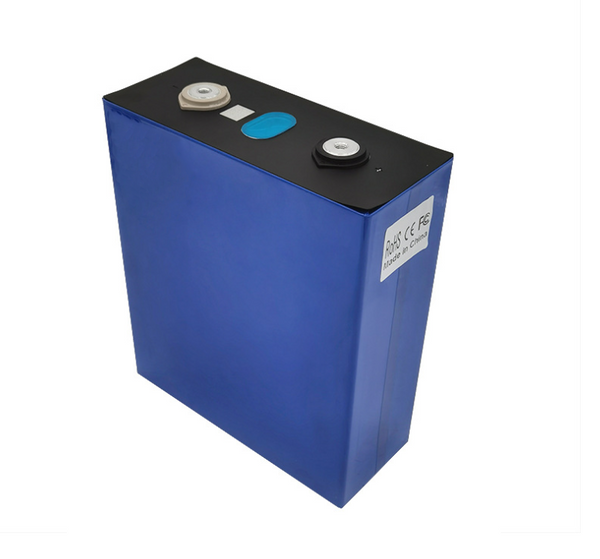Yan Wang, director of the William Smith Dean School of Mechanical Engineering at WPI, is the principal investigator for the three-year project. Other researchers include: Heng Pan, associate professor of mechanical and aerospace engineering at the Missouri University of Science and Technology, Ming Tang, assistant professor of materials science and nanoengineering at Rice University, and Bryan Yonemoto of Microvast Inc.
The above-mentioned researchers will build on past research on the use of solvent-free methods to manufacture battery electrodes to reduce the cost of lithium batteries and shorten the charging time.

The project is funded by the United States Advanced Battery Consortium (The United States Advanced Battery Consortium LLC, USABC), as part of a cooperation agreement with the U.S. Department of Energy, and can receive about $1.2137 million in funding, accounting for about 50% of the project's cost. USABC is a division of the United States Council for Automotive Research LLC (USCAR), a partnership between FCA America, Ford and General Motors. The USABC and the U.S. Department of Energy have reached an agreement to develop electrochemical energy storage technologies to support the commercialization of hybrid, plug-in hybrid, pure electric and fuel-powered lithium-ion battery vehicles. The Massachusetts Clean Energy Council (MassCEC) will also fund the project with approximately $194,300 through the AmplifyMass program. The three universities and Weihong will provide the rest of the funding.
Commercial lithium-ion vehicle battery electrodes are typically made from a combination of energy-supplying active materials, conductive carbon, a polymer binder, and a solvent, forming a thick mixture called a slurry. Such slurries are applied to a flat metal substrate and then moved under a furnace to allow the slurry to dry. The solvent is recovered through a complex evaporation-condensation process. Finally, the slurry-coated metal is squeezed with rollers and cut into small pieces that are assembled into batteries.
Teams on the USABC project will develop a process that sprays the dry blended material directly onto the substrate, removing the solvent, drying time, and equipment needed to recover the solvent. The process also tightly encapsulates the material on the substrate, creating an energy-dense, rapidly rechargeable battery.
Lithium-ion batteries are the most expensive components in an electric car, so lowering the cost of the battery could make it more competitive with gasoline-powered cars. The goal of the DOE research project is to reduce the cost of lithium-ion battery packs to $100/KWh and reduce the charging time to 15 minutes.

